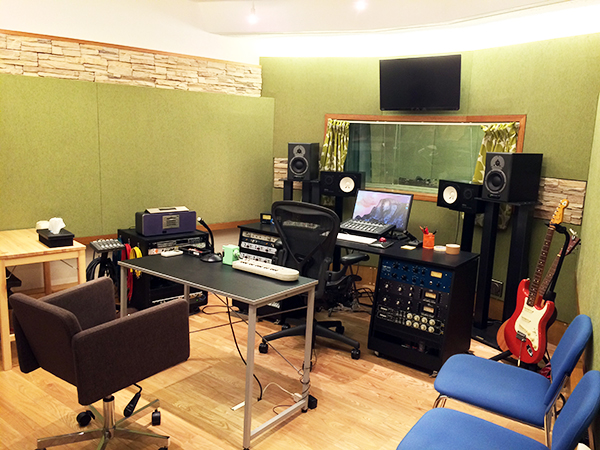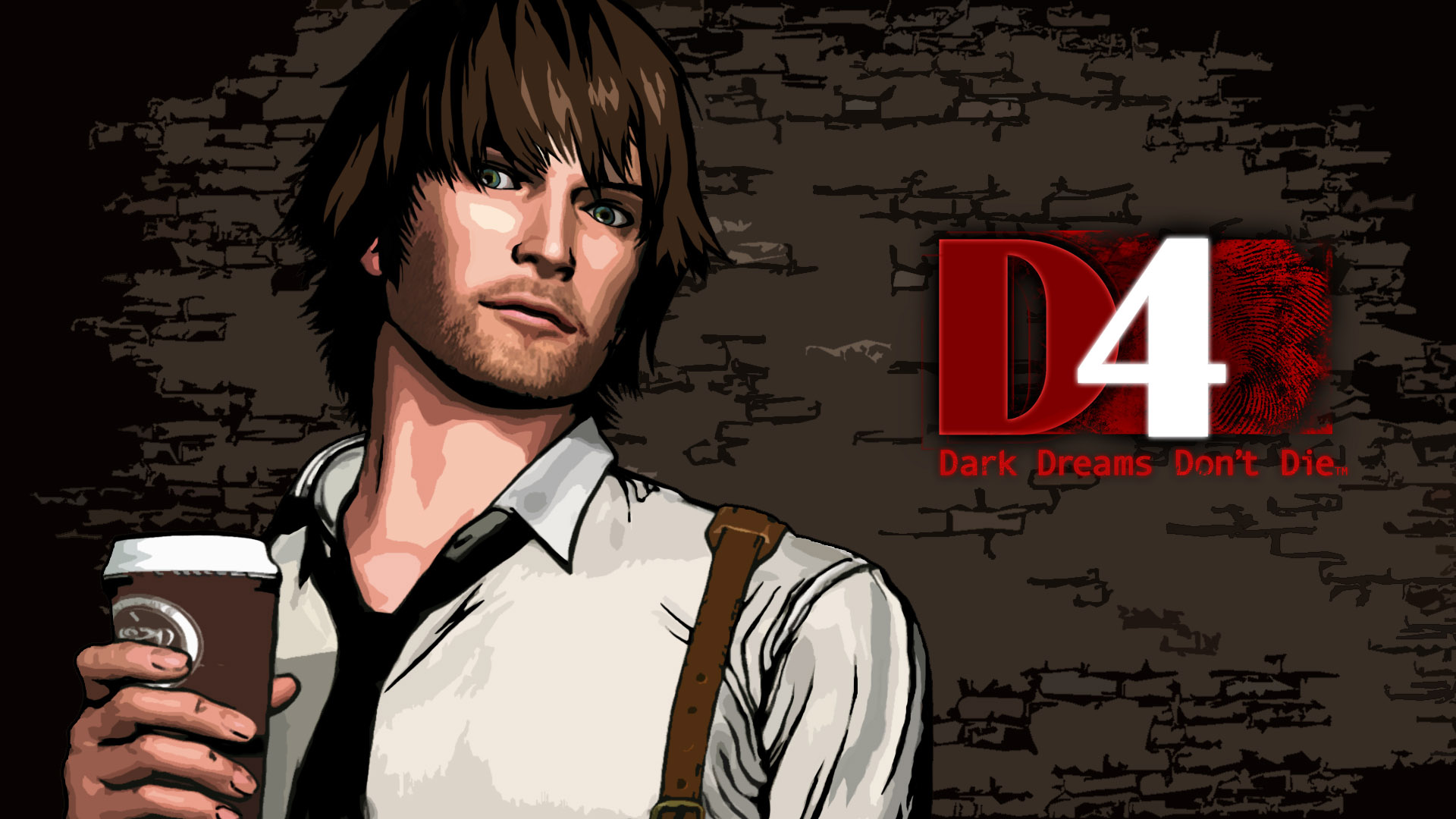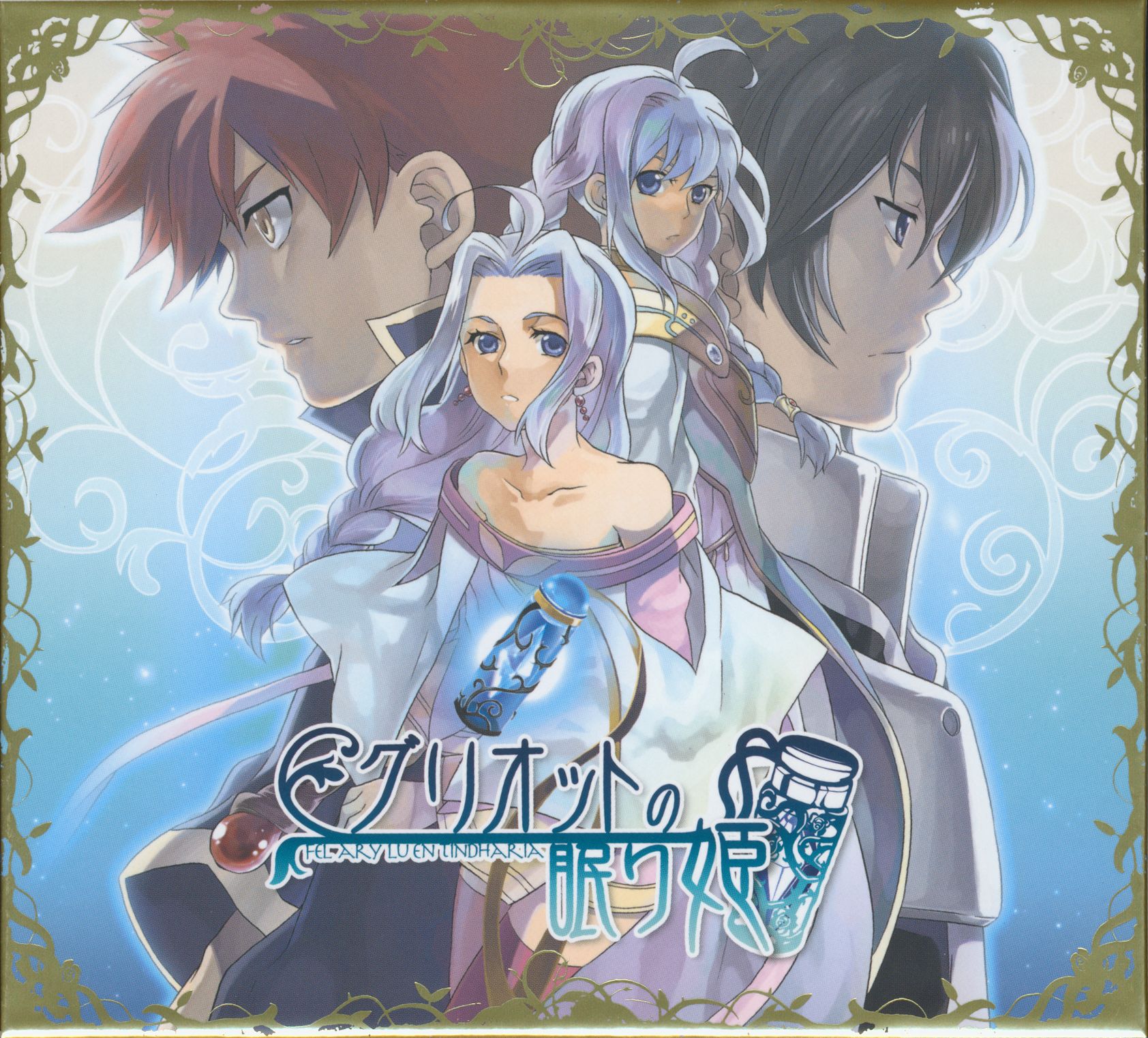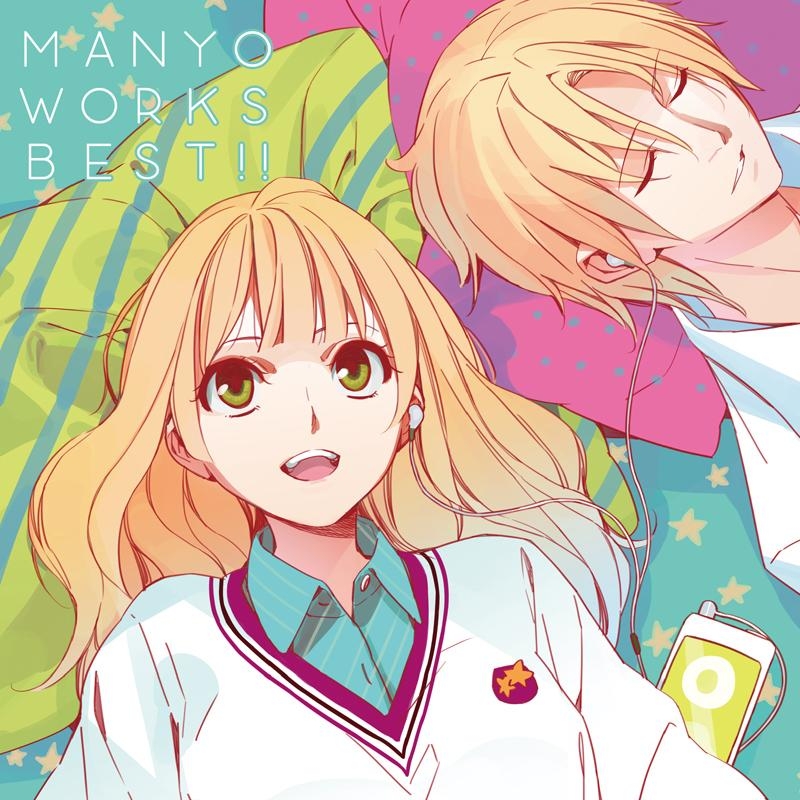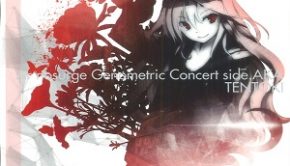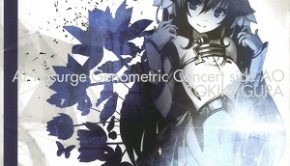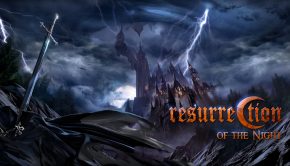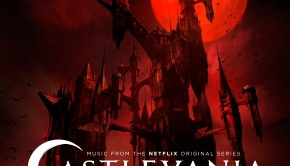Tomomi Teratani (aka MANYO) Interview: Expanding Horizons
Tomomi Teratani, better known as MANYO, is one of the most prolific video game composers and songwriters, featuring on dozens of games and albums each year. However, his international recognition has been limited because the majority of his output has been for Japan-only visual novel titles. This has all changed in recent years, as he has engaged in numerous new projects that have gained the attention of Western audiences.
In his first English-language interview to date, MANYO discusses his musical background and approaches. He focuses particularly on his latest projects, among them D4: Dark Dreams Don’t Die, Ar nosurge: Ode to an Unborn Star, and his fantasy vocal albums. This is an essential introduction from an artist you’ll be seeing a lot more from.
Interview Credits
Interview Subject: Tomomi Teratani (aka MANYO)
Interviewer: Chris Greening
Translation & Localisation: Tomoko Akaboshi, Gerardo Iuliani
Editor: Chris Greening
Coordination: Don Kotowski, Yuji Takenouchi
Interview Content
Chris: Tomomi Teratani, thank you so much for doing this interview. First of all, could you tell us about your musical background, education, and influences? What led you to becoming a video game sound creator?
MANYO: I enjoyed playing games when I was a kid, but I didn’t really like music at the same level. It was only after I studied at economics school that I took part in a band for the first time. I began composing around two years later. I mainly listened to jazz fusion (T-SQUARE, CASIOPEA, Pat Metheny) back then, so that kind of music was a huge influence for me. Aside of that, I also listened to some other genres like Latin rock (SANTANA) and funk soul (Earth, Wind & Fire, Tower of Power, Chaka Khan).
Chris: You entered the games industry at the start of the millennium working primarily as a doujin arranger. Could you share your experiences in this field and, in particular, releasing albums through Little Wing? Do you feel such projects help you get professional gigs later in your career?
MANYO: If I had to summarize it in a single sentence, the doujin music I made wasn’t just the start of my career, but also an actual hobby of mine. The simple interest I had in the visual novels popular back then provided me the motivation to make these albums. While it’s true that these activities provided me with opportunities, I think the lessons I learned were more important than the actual completed albums I put out. Making these albums gave me the valuable opportunity to put my skills to the test and allowed me to gain technical knowledge.
Chris: One of your first professional gigs was the arranged album Kamaitachi no Yoru Special Arrange Pack. What do you remember from this experience?
MANYO: Doing arrangements of Kamaitachi no Yoru was an extremely exciting opportunity for me. I played the original game back when I was a student and I was obsessed with its sound, so I remember I was very happy when I was requested to do it. But at the same time, this project made me fully realize just how inexperienced I was back then…
Chris: In more recent years, you have dedicated much of your career to writing music for visual novels. What do such games require musically? What we can expect from the music on titles such as Akaiito, Cartagra, Karanoshojo, and AMNESIA?
MANYO: While visual novels are games, they’re unlike shmups, RPGs, or strategy games. The way music is composed for them has much more in common with how songs are made for animes or dramas. The most important factor I consider is the affinity the songs have for each of the novel’s scenes. But unlike anime and dramas, the timings of the scenes is left to the player’s discretion. As a result, I can’t go overboard with the pacing of songs that will be looped, but at the same time must still incorporate impressive phrases in their composition. Achieving this really requires a high level of skill.
Chris: While popular in Japan, visual novels aren’t widely published in the West. Why do you think this is? Do you feel this has limited your international exposure?
MANYO: I think it’s because there is a large difference between both regions when it comes to lifestyle, culture, religion and morality. For example, even if westerners have demonstrated an interest in the Japanese school life, they wouldn’t be able to fully empathize with it the way we do. Being able to empathize with a visual novel’s setting has an extremely large impact on being able to enjoy the characters’ attitude and the emotional changes on the story. This also applies to the game systems, as they are extremely conservative, unlike genres like open world games that give so much proactivity to the players when it comes to interfering with the game world. But on the other hand, that’s also the characteristic feature of the visual novels, so I can’t say if that’s good or bad. Of course, game music is part of the package that games are, so I think that the game’s value also has a large impact on the value of its music.
Chris: Through your work on such titles, you have developed a reputation as a vocal composer and arranger. Could you tell us about your songwriting process? How do you ensure your theme songs capture the game’s world?
MANYO: When writing lyrics for the game songs, I always get a list of keywords to use in them from the developers. I read them to get an idea of what the plot and scenario will be about. I try to conceive the overall flow and the parts I should give a special importance. After that, I begin writing the lyrics while pondering how much I’d be able to express the power contained in each word as a melody.
Chris: Your talents as a vocal composer have also been reflected on the original albums on Aria of the Spilled Sand and Griotte the Sleeping Beauty. Could you share with us how you captured the concept of these fantasy albums? What was it like to work with Haruka Shimotsuki?
MANYO: I did my best to follow the overall concepts and images as closely as possible while not thinking much about things like the characteristics particular to my music. If I had to give an example of how the process was, it could be imagined like opening a shop so that it is well-harmonized with a city. I think that originality comes naturally as part of the process of working on something. As there was a solid framework in place from the start, I could work smoothly on these songs while having no doubts about how they would turn out.
Chris: You’re extremely prolific, featuring on approximately 10 albums per year. How do you manage to fit it all in? Could you give some insight into your workflow when creating songs and background music?
MANYO: Whenever I started working on something, I always decide first on a general outlook. I might be repeating what I said on a previous reply, but I associate with the idea of bringing a world to life. The method for doing so of course changes depending on what I want to create. If I have an order listed for what I want to make, I make the songs in a way similar to drawing up a simplistic storyboard. As for how I manage my songs, I have them stored separated by folders with their track number and title attached, so there’s nothing special about it.
Chris: Moving to your latest works, you collaborated with Gust Corporation on Ar nosurge: Ode to an Unborn Star and Atelier Shallie: Alchemists of the Dusk Sea. What was it like to work on video game series with such a rich mythology as these? How did you approach your tracks and what do you feel they brought to the final products?
MANYO: The song I made for Ar nosurge was the first collaboration I ever made for a Gust product, so understanding their requests was initially pretty difficult. As it has a unique world setting based on constructed languages, I got several requests to remake the song during the initial stages of the project, but I finally got an OK after many attempts and chats with them about it. The song for Atelier Shallie was made afterwards, so the drafts I made were accepted almost right away. Maybe it was because it was far smoother for me to understand the world setting for it. I don’t know if my music had any sort of effect on these games, but I did my best for my works to meld with the rest of the songs made for them.
Chris: You recently served as the lead composer for D4: Dark Dreams Don’t Die. Can you tell us about how you developed a distinctive sound for this title that matched SWERY’s image for the game? What aspects of the game’s story and imagery inspired you?
MANYO: I remember we held a very thorough meeting before I started composing, and after having received detailed materials and requests on what I had to do, I started working on the songs. While that’s also been the case for when I composed for other games, when the director and designer have such clear images for what they want, I always make my greatest priority to reproduce them in the songs I make.
Chris: The soundtrack for D4: Dark Dreams Don’t Die was extremely refreshing. What inspired the largely jazz-based approach for the music? Together with TECHNOuchi, how did you also integrate all sorts of stylistic experiments and emotional interludes into the music?
MANYO: D4 was an extremely innovative game, but it was decided beforehand that we would give it a certain comical taste due to having it focused on the oldies. Jazz was just one of the musical essences we carved into it. But since it had such a strong sound image, ultimately jazz may be the genre that gives the strongest impression, and as such people would think that it was what we based the game’s soundtrack on. Both Takenouchi-san and myself were allotted different sounds and melodies depending on our strengths as composers. And since we also got to interfere with each other’s sound when we did the arrangements, the creation of the music also had a very experimental and fresh feeling to it.
Chris: You have also been in several official arranged albums for several major franchises past and present. Could you share your memories working on the arrange albums for Key, the Legend of Heroes, and the Castlevania series?
MANYO: Sorarado was the first work I’ve made for something related to Key, and it led me to work a lot more with them. I also was made to work with the vocalist riya-san, which is what led us to work together on The Legend of Heroes. As for other Key-related works, the arrangement for the opening song to the TV anime Little Busters Refrain ended being my most recent work with them. I’m sure in time they all will end being very fun memories. As for Akumajo Dracula Tribute, I was a large fan of the original games, so it was very fun to make the arrangement for the series. I think I also got a large influence for it from the wonderful arrangements that Namiki-san made for Dracula Rebirth.
Chris: Finally, we’d love to hear about your work with labels arcane, arcane753, and canoue. Can you tell us about the original albums you have conceived through these labels? What do these albums reflect about you and your music?
MANYO: arcane is the basis for my own musical activities, so it’s also my life’s work. Of course I’m thinking of letting many other people join and allow them to make music for it, but at the same time I also continue making songs for it while pondering about philosophical questions like: “What do I want to express in them? What do I want to leave behind?” So they all contain very experimental concepts, which isn’t something I can really explore in my commercial music. As for my activities at canoue, I put all my heart and give a lot of importance to the songs I create to fulfill the unit’s requests and balance. The same goes for my work at mamenoi.
Chris: Many thanks for your time today. What can fans of your music look forward to in the future? Do you have any messages to readers around the world?
MANYO: I’ll continue to place my efforts on the background music and theme songs for the visual novels that enjoy a lot of support from many fans. However, I’m also thinking I’d like to tackle more fun, educational projects that don’t have as many limits in their dynamic range. Lately I’ve even had the chance to participate as a composer in the TV Anime Himouto! Umaru-chan and the anime movie Little Witch Academia Mahou Shikake no Parade, which were the first chances of their kind I’ve ever had. D4 was somewhat like this too. I think I’d like a borderless job where I can get acquainted with lots of people, all supported by music being a wonderful tool that can convey feelings even across the language barriers. I hope you all can continue supporting me in the future.
Posted on February 27, 2016 by Chris Greening. Last modified on February 27, 2016.

